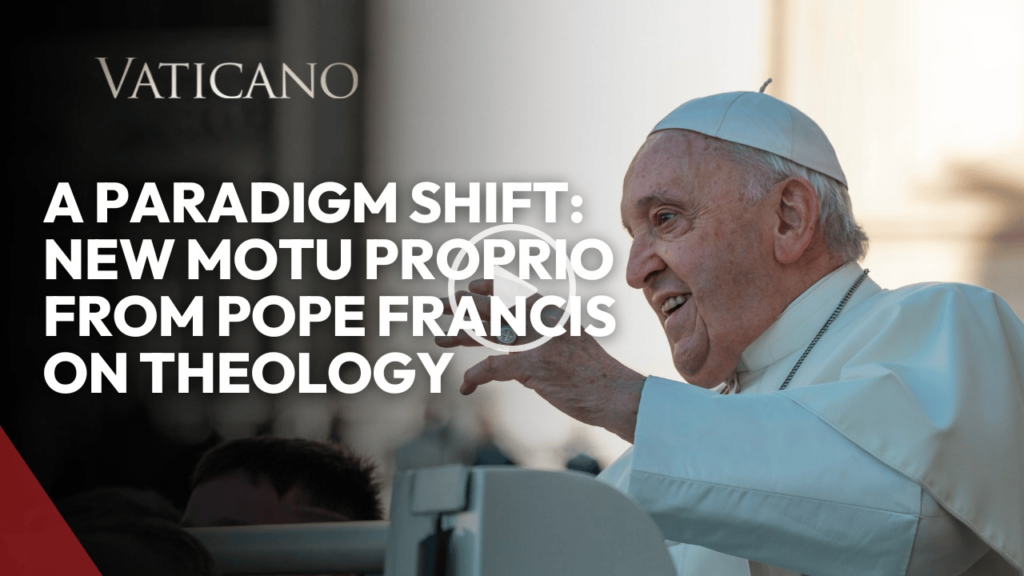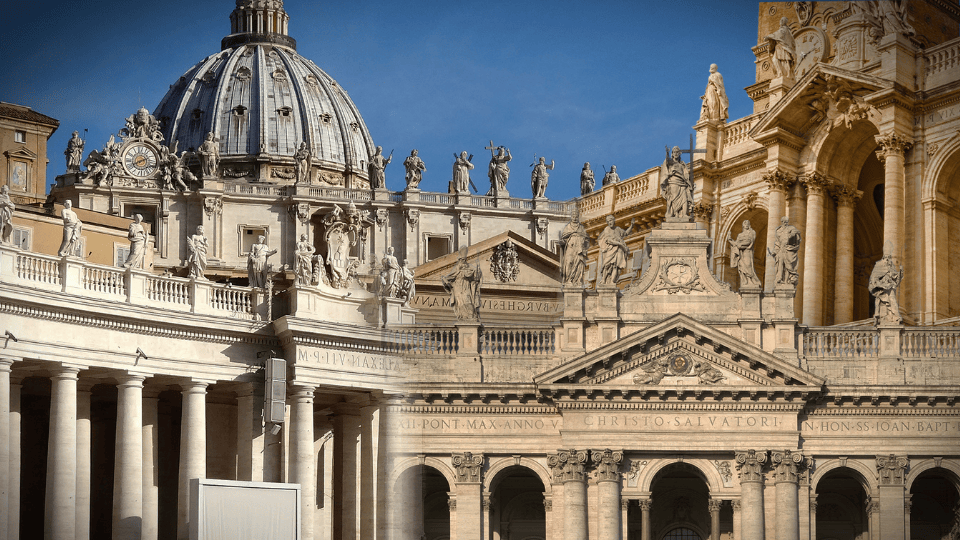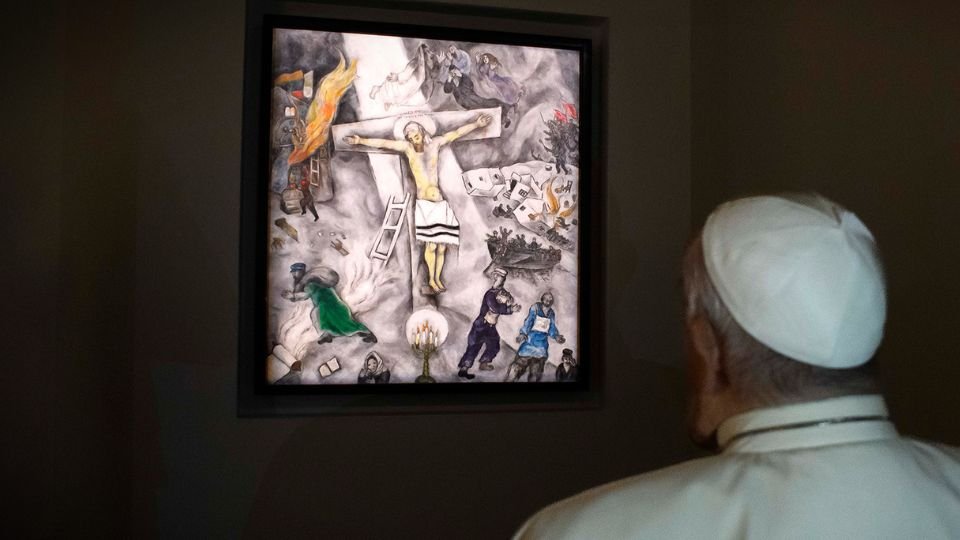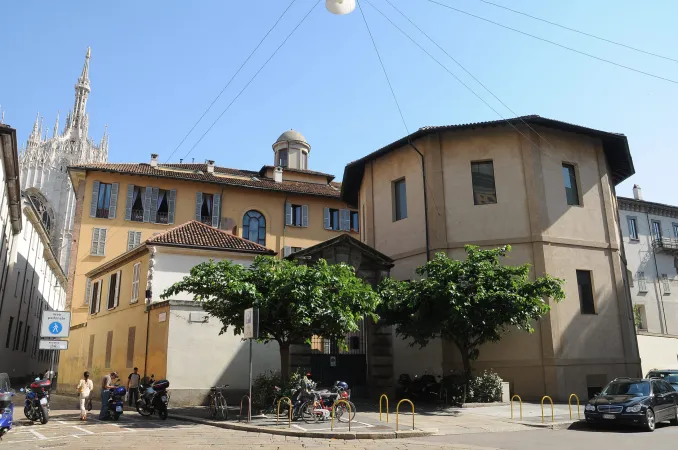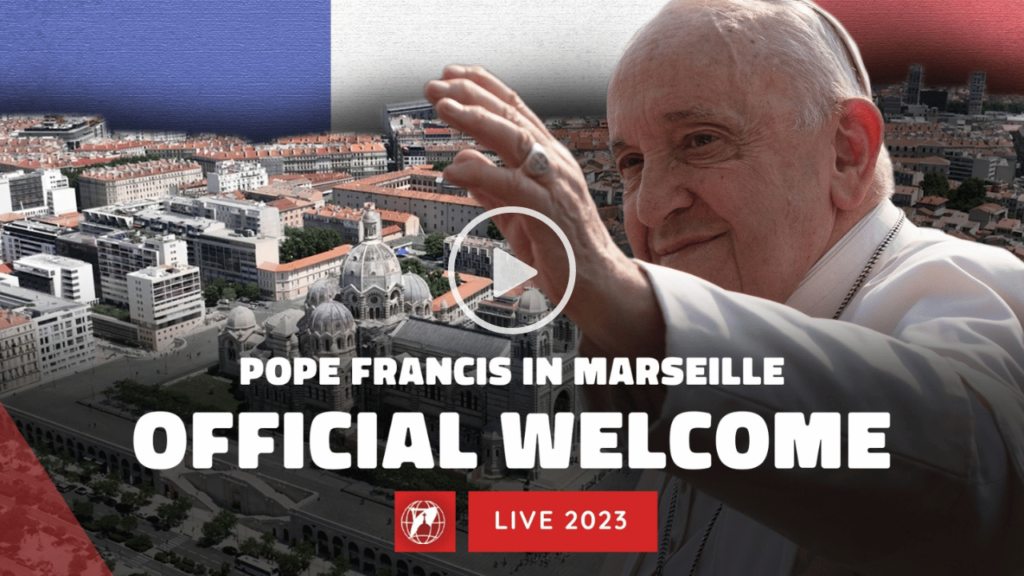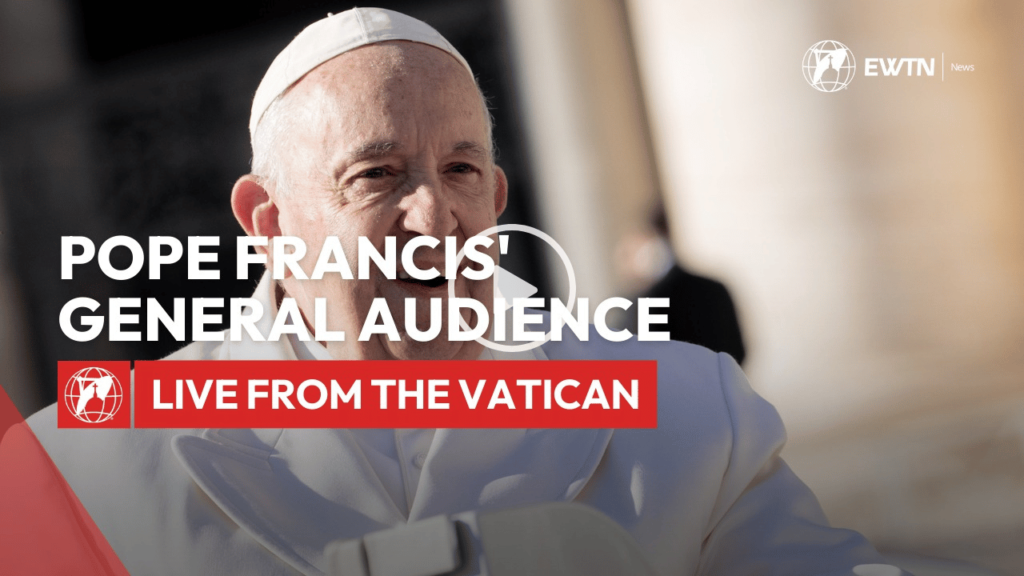Pope Francis has called for a “paradigm shift” in Catholic theology that takes widespread engagement with contemporary science, culture, and people’s lived experience as an essential starting point.
Citing the need to deal with “profound cultural transformations,” the pope presented his dramatic vision for the future of Catholic theology in a new motu proprio issued earlier today.
Titled Ad Theologiam Promovendam, or “to promote theology,” the document revises the statutes of the Pontifical Academy of Theology (PATH) “to make them more suitable for the mission that our time imposes on theology.”
“Theology can only develop in a culture of dialogue and encounter between different traditions and different knowledge, between different Christian confessions and different religions, openly engaging with everyone, believers and nonbelievers,” the pope wrote in the apostolic letter.
‘Fundamentally contextual’
Pope Francis wrote that Catholic theology must experience a “courageous cultural revolution” in order to become a “fundamentally contextual theology.” Guided by Christ’s incarnation into time and space, this approach to theology must be capable of reading and interpreting “the Gospel in the conditions in which men and women live daily, in different geographical, social, and cultural environments,” the pope wrote.
The pope contrasted this approach with a theology that is limited to “abstractly re-proposing formulas and schemes from the past” and repeated his long-standing criticism of “desk bound theology.” Instead, he emphasized that theological studies must be open to the world, not as a “‘tactical’ attitude” but as a profound “turning point” in their method, which he said must be “inductive.”
Pope Francis emphasized that this bottom-up reenvisioning of theology is necessary to better aid the Church’s evangelizing mission.
“A synodal, missionary, and ‘outgoing’ Church can only correspond to an ‘outgoing’ theology,” the pope wrote.
Relatedly, the pope said, this dialogical approach can allow theology to “broaden the boundaries” of scientific reasoning, allowing it to overcome dehumanizing tendencies.
‘Transdisciplinary’ and pastoral
To achieve this “‘outgoing’ theology,” Pope Francis wrote that theology must become “transdisciplinary,” part of a “web of relationships, first of all with other disciplines and other knowledge.” This engagement, he wrote, leads to “the arduous task” of theologians making use of “new categories developed by other knowledge” in order to “penetrate and communicate the truths of faith and transmit the teaching of Jesus in today’s languages, with originality and critical awareness.”
Pope Francis also wrote that priority must be given to “the knowledge of people’s ‘common sense,’” which he described as a “theological source in which many images of God live, often not corresponding to the Christian face of God, only and always love.”
The pope said that this “pastoral stamp” must be placed upon all of Catholic theology. Described as “popular theology,” by starting from “the different contexts and concrete situations in which people are inserted” and allowing itself “to be seriously challenged by reality,” theological reflection can aid in the discernment of the “signs of the times,” the pope wrote.
“Theology places itself at the service of the evangelization of the Church and the transmission of faith, so that faith becomes culture; that is, the wise ethos of the people of God, a proposal of human and humanizing beauty for all,” the pope wrote.
New statutes
The pope’s shift in emphasis in Catholic theology was reflected in the new statutes issued for the Pontifical Academy of Theology. Ad Theologiam Promovendam shifted the 200-year-old institute’s focus from “promoting the dialogue between reason and faith” to promoting “transdisciplinary dialogue with philosophies, sciences, arts, and all other knowledge.” The new statutes place PATH “at the service of academic institutions dedicated to theology and other cultural and knowledge development centers interested in reaching the human person in his context of life and thought.”
The change was welcomed by PATH’s president, Bishop Antonio Staglianò.
MORE IN VATICAN

On All Saints’ Day, Pope Francis says holiness is ‘a gift and a journey’
“Pope Francis entrusts our Pontifical Academy with a new mission: that of promoting, in every area of knowledge, discussion, and dialogue in order to reach and involve all of the people of God in theological research so that the life of the people becomes theological life,” the Italian prelate said in a press release.
The new statutes call for PATH to facilitate collaboration between Catholic theologians and “those of other Christian confessions or religions.” The academy will also “‘network’ with universities and centers of production of culture and thought” and explore “culturally qualified” ways to propose the Gospel as a life guide to even atheists, a process described in the PATH press release as “wisdom dissemination.”
In harmony with “the magisterium of Pope Francis,” under the new statutes PATH will also exercise a commitment to “intellectual charity” by focusing on the questions and needs of those “on the existential peripheries.”
This article was originally published on Catholic News Agency.

